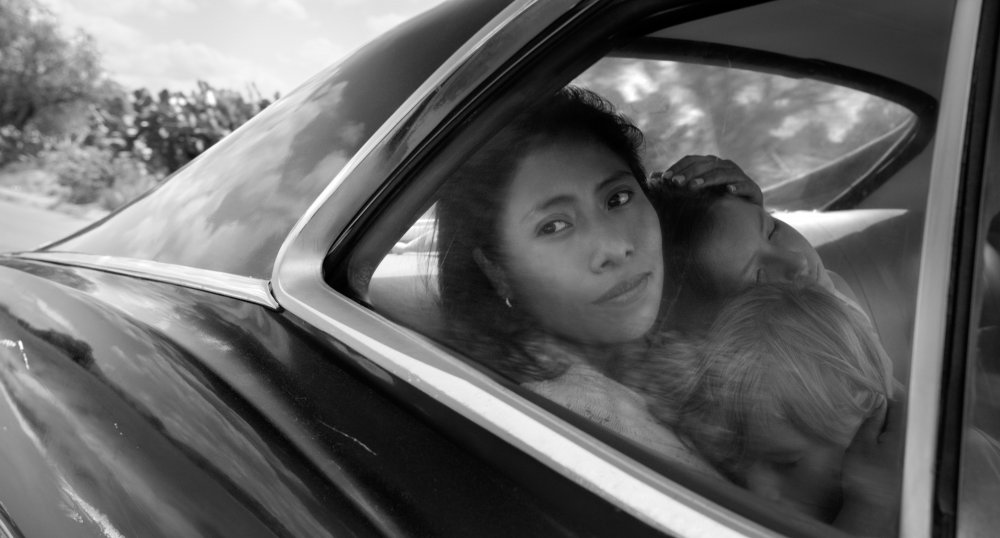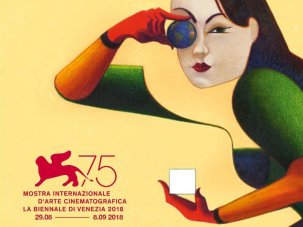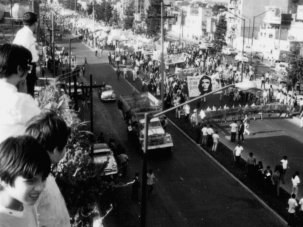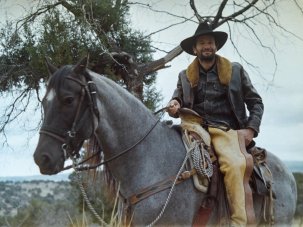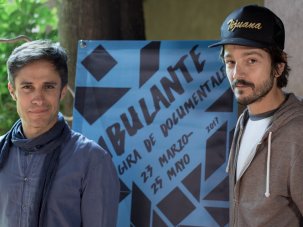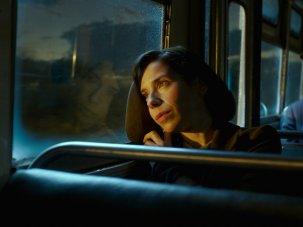Alfonso Cuarón, through a vigorous, dedicated process of film production and storytelling, has made the film of his career. Roma follows Cleo (Yalitza Aparicio), a young woman of Mixteco heritage who works for a large and vibrant family in Cuarón’s birthplace of Mexico City in the 1970s. It spans a year in which political unrest tears through the city, governments are seizing land from native workers and, closer to home, an absent husband is missed by his family.
USA 2018
135 mins approx
Director Alfonso Cuarón
Cast
Cleo Yalitza Aparicio
Sra. Sofia Marina de Tavira
Toño Diego Cortina Autrey
UK release date 14 December 2018
Distributor Netflix
netflix.com
► Trailer
It’s a sensory, profound work, but what makes Roma really triumph is that none of it was truly made to satisfy an audience. The family, in particular Cleo and her mistress (Marina de Tavira), are drawn from Cuarón’s own memories of his formative years. For him, they are the reason for his better attributes, and Roma is made in their honour. It’s a film reminiscent of Jacquot de Nantes, the collaborative feature made between Agnès Varda and her husband Jacques Demy during the final months of his life – drawing on Demy’s childhood memories while he was still alive to tell them. It’s a rare experience to feel as if you are almost intruding on a film, and oddly one that compels you to engage with it even more.
Astoundingly, this is Aparicio’s acting debut. It is a stoic, studied performance that at times pushes into realms of intense physical and emotional endurance that result in some of the film’s most devastating scenes.
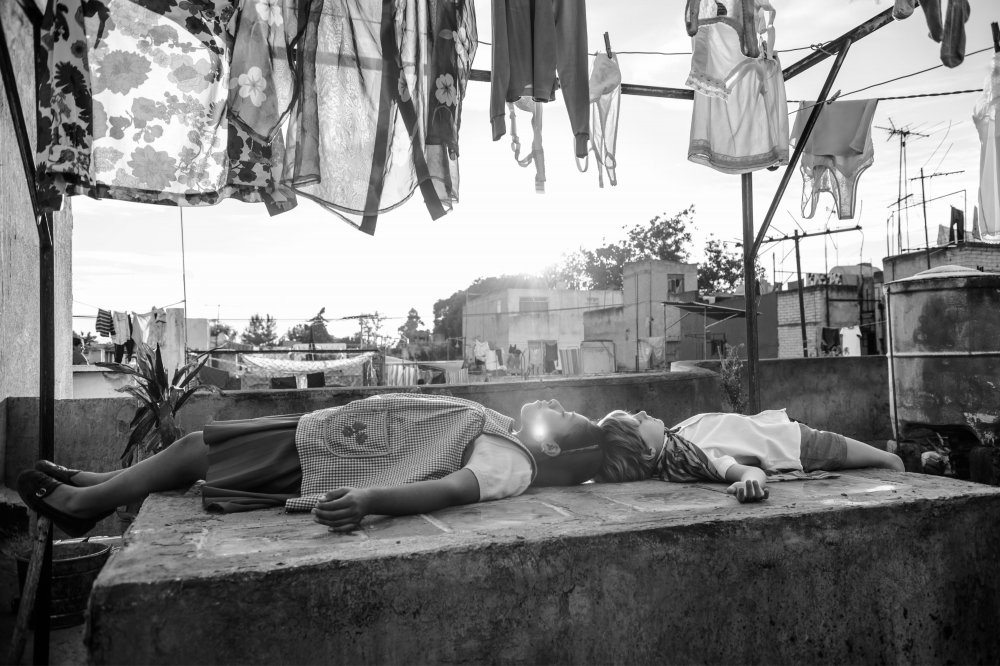
Cuarón constructs a handsome world to frame these memories, which are captured in pristine monochrome. No shot is thrown away, from the opening credits where soapy water sloshes across a tiled floor, a distant aeroplane visible in the reflection (a neat motif throughout the film that suggests changes to come), to a giddy pan across the rooftops where laundry is strung up like bunting.
As with Jacquot de Nantes, there are hints of Cuarón’s filmmaking trajectory throughout the film, including a family trip to see Gregory Peck in Marooned, which the director has cited as a direct influence on his 2013 Oscar-winner Gravity. This is as far as the director will indulge in his own story, however. The children fill the household with noise and life, yet are predominantly blurs running around Cleo as she works, and mostly absent from her story.
As with all films distributed by Netflix, there is a valid debate over whether it really deserves to be released theatrically. In the case of Roma there is no clear answer; Cuarón chose the platform to ensure accessibility, but the sheer scale of the film would be wasted on a smaller screen. The film’s grand aesthetic is an extraordinary addition to a story so full of force that it could carry the film. This method of filmmaking has never felt so welcome, and the lightness and generosity that emanates from the film transcends cinematic tastes.
-
The Digital Edition and Archive quick link
Log in here to your digital edition and archive subscription, take a look at the packages on offer and buy a subscription.




